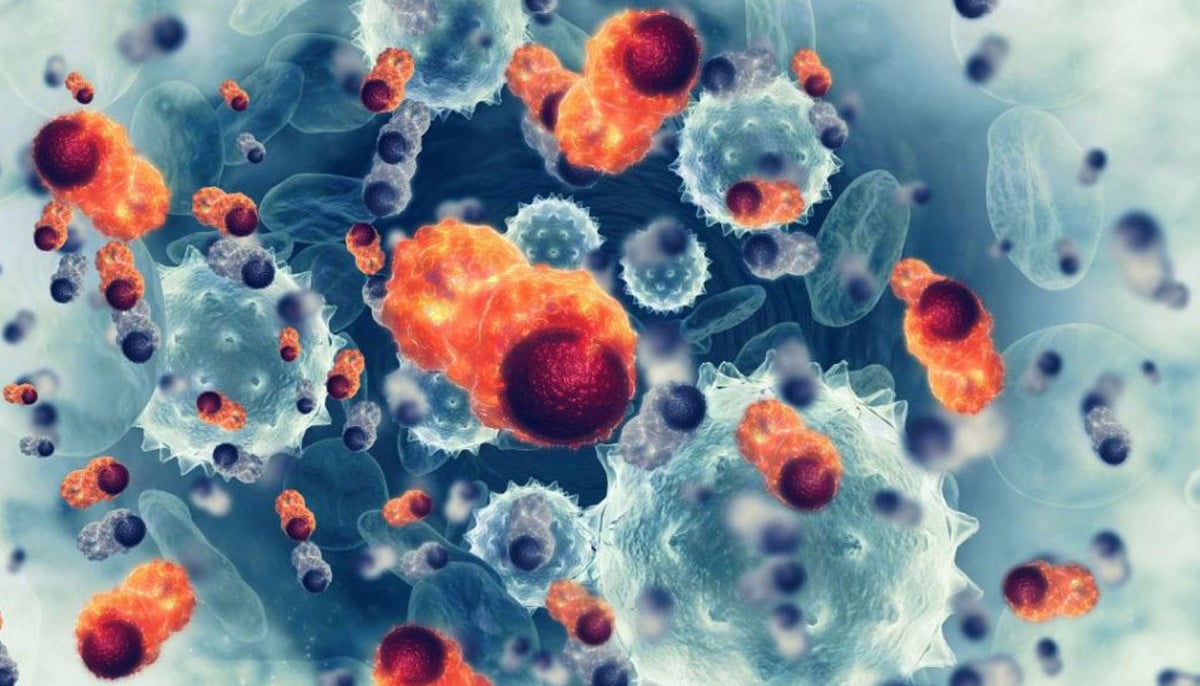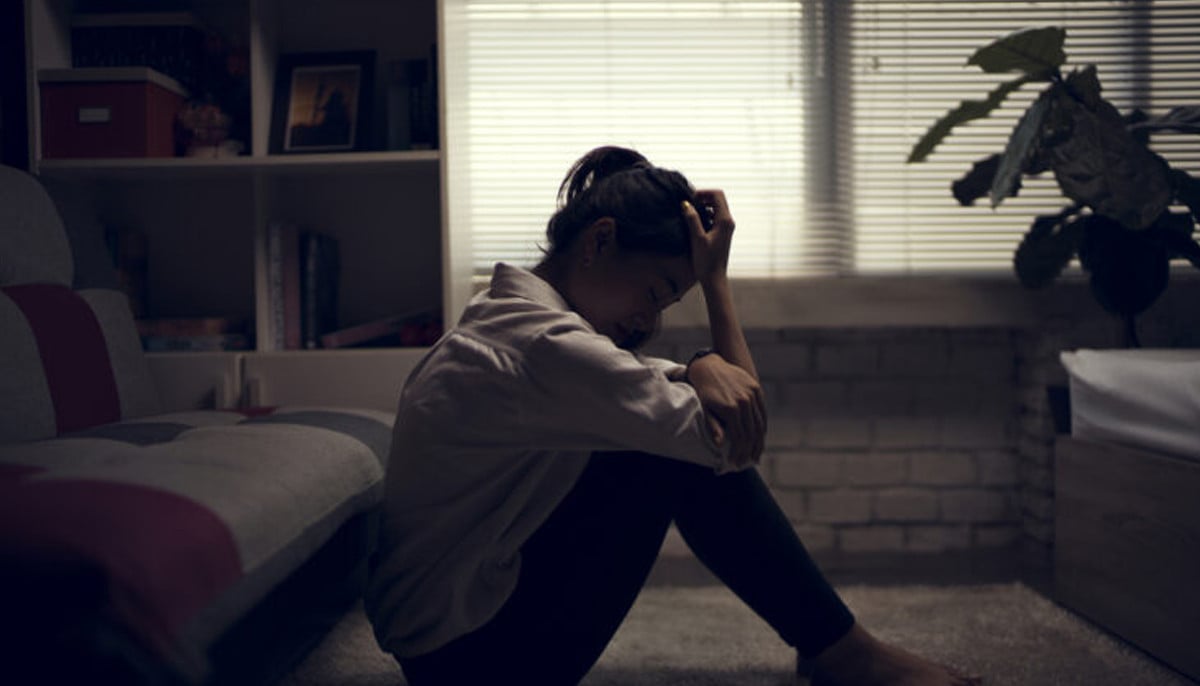Could grapes work as sunscreens?
Researchers discovered that those who consumed grapes daily exhibited greater resilience to skin damage from UV light
A recent study published in journal Antioxidants found that eating grapes can reduce the risk of sunburn.
Researchers discovered that those who consumed two-and-a-half cups of grapes every day for two weeks exhibited greater resilience to skin damage from UV light. The California Table Grape Commission-sponsored study discovered that natural substances known as polyphenols may be the cause of these advantageous effects.
After eating grapes, around a third of the study subjects showed some level of resistance to ultraviolet light. After four weeks without eating grapes, 10% of them still exhibited some resistance, indicating that some people become more resistant to sunburns after consuming grapes.
Those that developed a tolerance to ultraviolet radiation had considerably lower amounts of the same three metabolites, or compounds produced by the body, in their urine. One of them, 2'-deoxyribose, is an especially potent sign of decreased solar damage.
“’Let thy food be thy medicine and medicine be thy food’ dates back to the time of Hippocrates. Now, after 2,500 years, as exemplified by this human study conducted with dietary grapes, we are still learning the reality of this statement,” said lead author John Pezzuto, a professor and dean at Western New England University, in a media release.
The current study expands on earlier research that found grapes may protect people's skin from UV damage. Almost 30 participants were gathered for the new trial, and they were given two and a half cups of grape powder daily for two weeks.
The amount of UV radiation that caused noticeable reddening within 24 hours was calculated in order to quantify the skin's sensitivity to ultraviolet light before and after consuming grapes for two weeks.
The American Cancer Society estimates that 5.4 million cases of basal and squamous cell skin cancer are detected annually in the US. Nearly 100,000 cases of melanoma, a much more deadly and rare form of skin cancer, will also be discovered by doctors.
UV radiation from the sun is linked to many cases of skin cancer, and about 90% of skin ageing is brought on by too much sun exposure.
-
All you need to know guide to rosacea
-
Prevent cancer with these simple lifestyle changes
-
Experts reveal keto diet as key to treating depression
-
Skipping breakfast? Here are some reasons why you shouldn't
-
Sciences reveals shocking body response against heart attack
-
Anti-inflammatory teas to keep your gut balanced
-
Emma Stone reveals she is ‘too afraid’ of her ‘own mental health’
-
5 simple rules to follow for smooth, healthy hair












